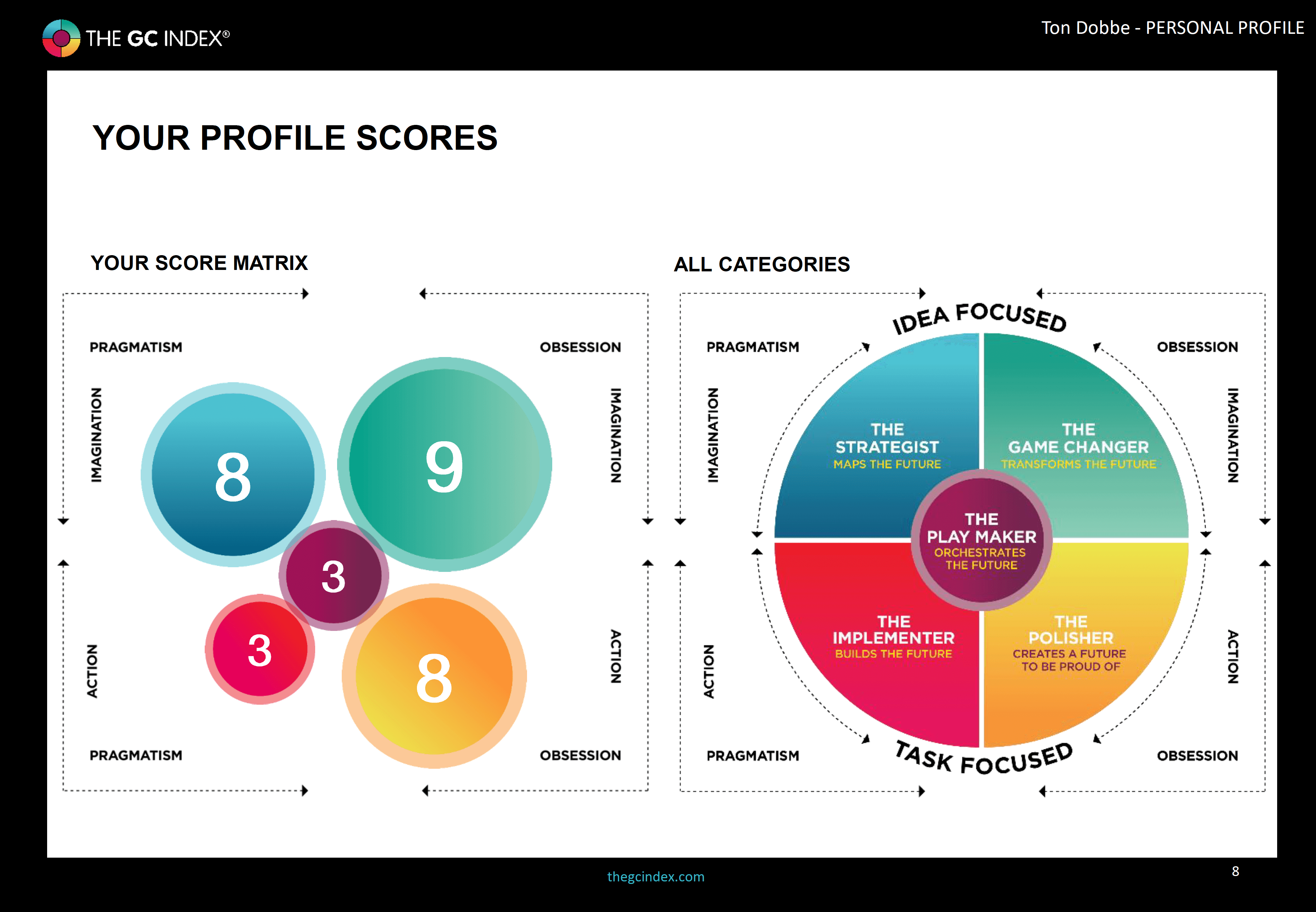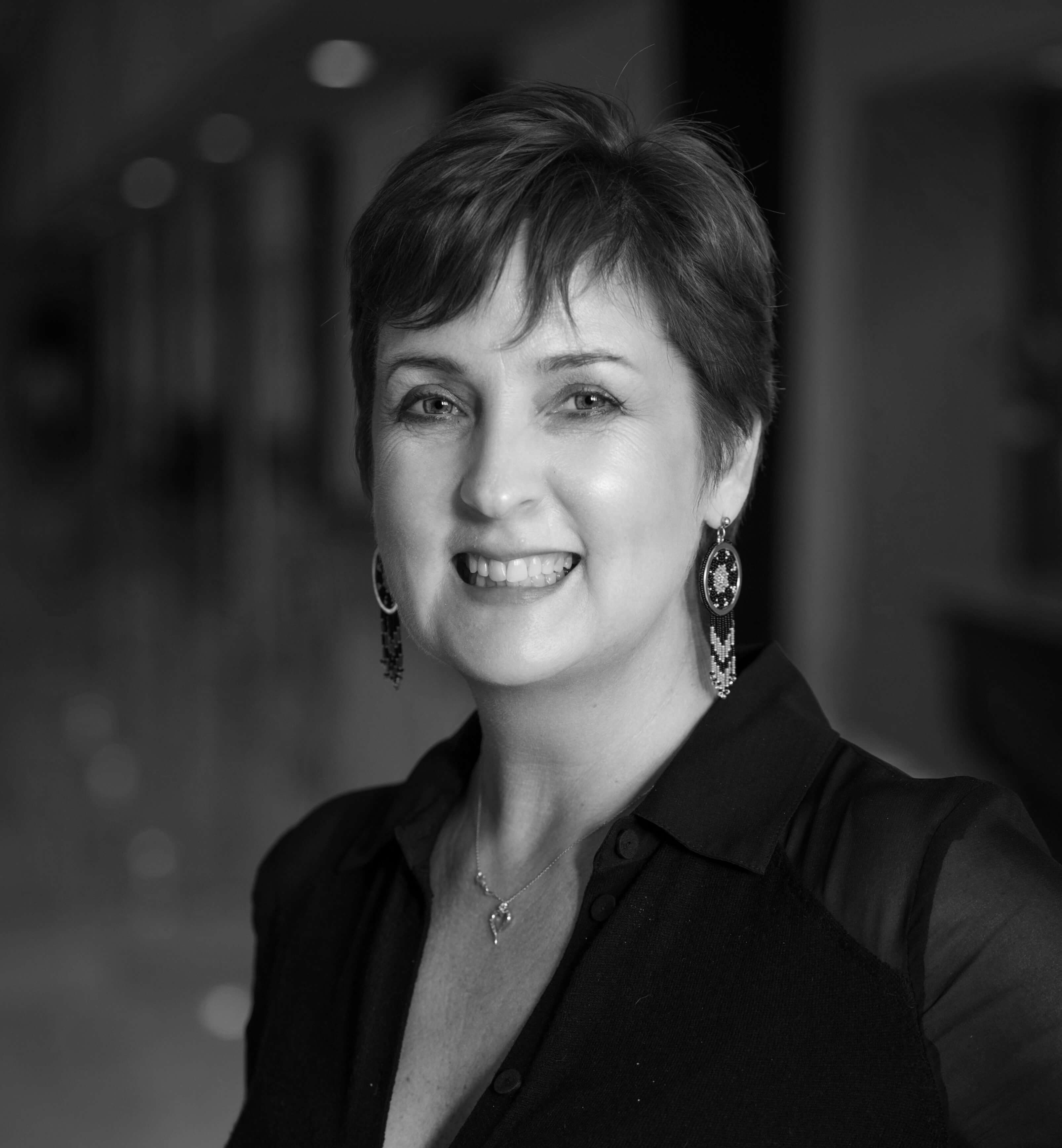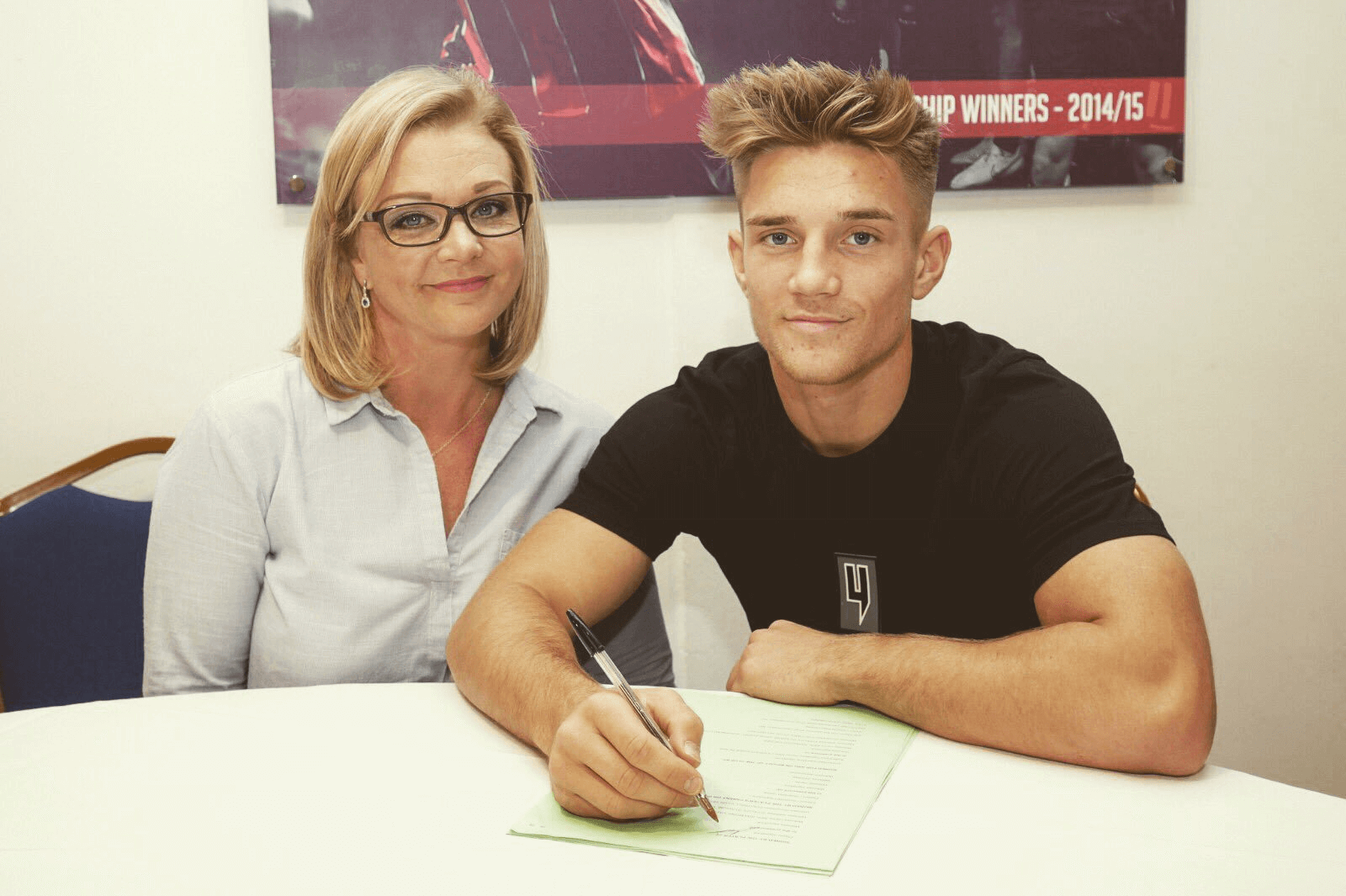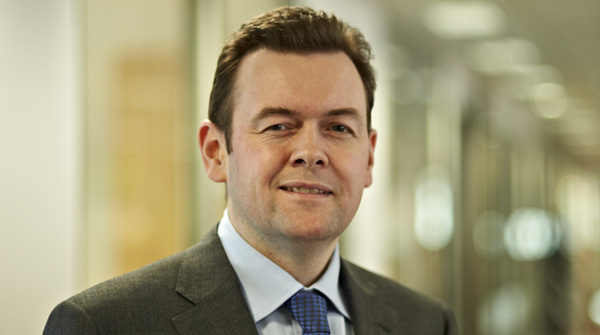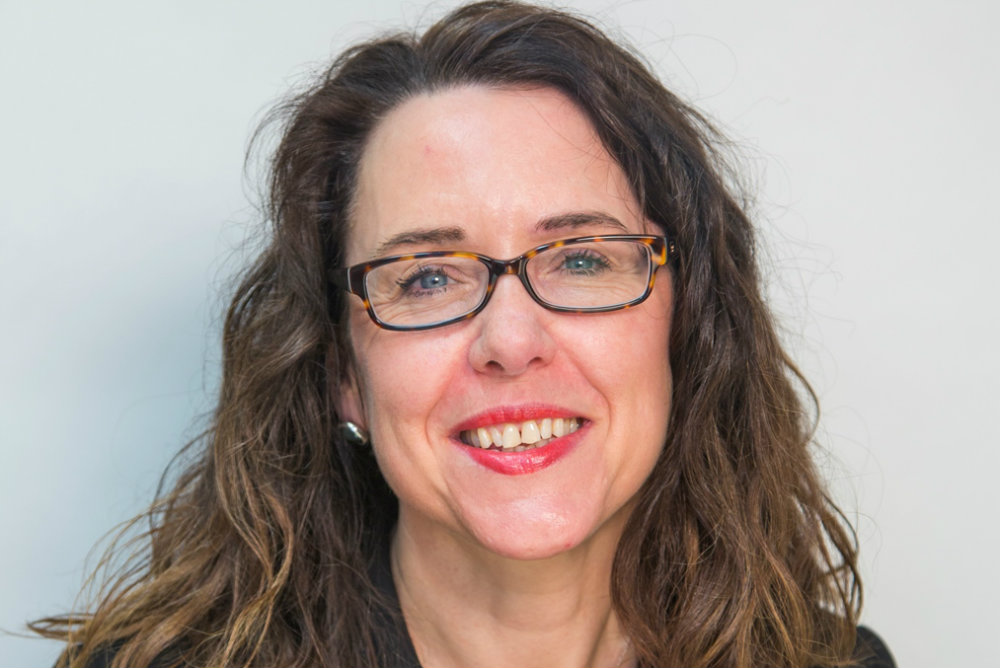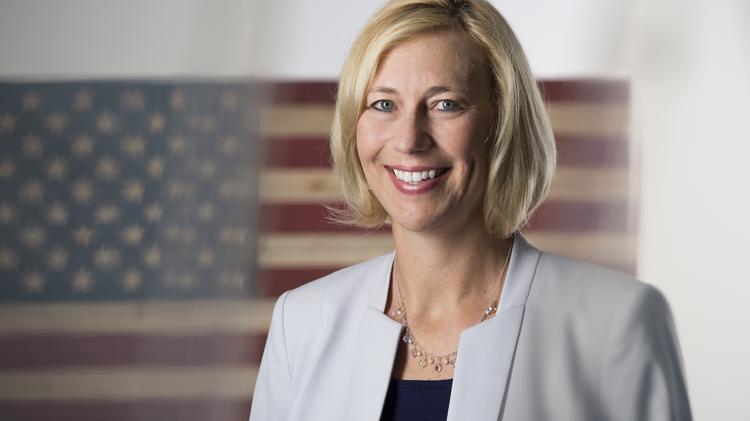
Founder and Chief Inspiration Officer
Value Inspiration
Game Changer/StrategistIn this edition of The GC Index People Leader Series, GC Partner Lucy Brown, Founder of Lucy Brown Consulting, talks to Ton Dobbe, Founder and Chief Inspiration Officer at Value Inspiration.
Ton says “I founded my business on one transformative idea: The future belongs to software businesses that create products worth making a remark about. There is a problem though: Many software companies start off on a big idea but then struggle to create the momentum they aspired. “
“A lot has to do with the fact many software companies define their success by their size and quarterly growth figures. I believe success should be about the difference we help our customers create, and what we help them become as a consequence. Once that is firmly in place, customers turn into advocates and with that success follows, in volumes we couldn't have imagined upfront.”
“That’s what makes me jump out of bed every morning. That’s what gives me energy – so that’s where I aim to make a difference: Helping tech-entrepreneurs shape the software business their customers would miss if it were gone. One that gets noticed in a dense market, wins more and bigger and turns customers into advocates.”
“At Value Inspiration, we therefore created a framework of 10 traits that define the software businesses we just keep talking about. I published my first book ‘The Remarkable Effect’ about that earlier this year and started a tribe to guide tech-entrepreneurs on their journey to close the gap.”
Ton Dobbe, is Dutch by origin and he has been living in Spain for 11 years. He ended up there as a result of his international journey with his previous employer, Unit4, where he worked for 26 years. In that period, he had various roles including heading up Product Strategy, Product Management and Product Marketing. In the last part of his career with Unit4, he became their Chief Evangelist.
Starting his own company in 2017, he didn't want to be a CEO, so Ton chose to call himself the Chief Inspiration Officer, a perfect title given what his business does.
You have had a successful career, what does your GC Index profile tell us about what underpins your success?
The GC Index profile made a whole lot of things clear to me. I initially thought my profile would be more on the Play Maker, but it made complete sense to me being a nine on Game Changer and then an eight on Strategist and an eight on Polisher. It explains a lot about what I’ve been doing in the past and why. Particularly, for example, the last one and a half years at Unit4, where I was the Chief Evangelist. It was all about taking our customers and our employees in the company forward. Showing them where we were going with the Strategy, painting a vivid picture about a different, better future.
To be the ‘Game Changer’ in the marketplace, I had to connect the dots for people, both customers and employees, and working with the various departments inside the organisation, to really make our operations super slick, cutting edge and market leading – to really stand out.
To be the ‘Game Changer’ in the marketplace, I had to connect the dots for people, both customers and employees, and working with the various departments inside the organisation, to really make our operations super slick, cutting edge and market leading – to really stand out.
What skills would you say that you've had to develop along the way to make the most of your set of proclivities?
It’s been to allow the Game Changer in me to see the things that other people don’t see and facilitating the Strategist part of me to connecting the dots and figure things out, and then identifying the essence of this and why this is important. Another key skill is communication. It’s taking these factors and creating an energy around it, then bringing people on the journey with it. And that of course, I’ve had to learn with a lot of mistakes to get better and better and better. This journey of learning and making mistakes, understanding how to get others on board and how to create the bigger picture image, allowed me to build the foundation of my own company.
I also think I’ve learned that mistakes aren’t always mistakes. I mean, certain things are, but if you look at them in hindsight, the decision often was the right decision, it just didn’t turn out as we expected. If you try to do new things, try to do the game changing things, there is no path for this. There’s no manual. I mean, if I was an Implementer, and I had to do the same things the whole day, and I’d then make a mistake, then a mistake is a mistake. Because it’s really predictable. But I’m not an Implementer and on that basis, I work at the front line of the unknown: nothing is predictable – there’s no tried and tested, and as such, I have to plot my own map.
I also think I’ve learned that mistakes aren’t always mistakes. I mean, certain things are, but if you look at them in hindsight, the decision often was the right decision, it just didn’t turn out as we expected. If you try to do new things, try to do the game changing things, there is no path for this. There’s no manual. I mean, if I was an Implementer, and I had to do the same things the whole day, and I’d then make a mistake, then a mistake is a mistake. Because it’s really predictable. But I’m not an Implementer and on that basis, I work at the front line of the unknown: nothing is predictable – there’s no tried and tested, and as such, I have to plot my own map.
When have you felt that your career was most in tune with your proclivities?
I think I’ve always been in tune with my proclivities. Early on in my career, when I was based in the Netherlands, I was responsible for a product for the SME market. I owned product strategy and was pretty much in my element. I worked with the R&D team to create a product of which I knew where it needed to go. It was exciting because I had to communicate with them and explain how we could shape the future marketplace with the product that was in my mind. To me it wasn’t about arriving at the destination (The release), it was about the journey and looking ahead. So, every time there was a product release, I was saying to everybody, okay, this is done – but we’re not done. Here’s what’s next.
Later in my career, everything turned from being focused just on the Netherlands, to going global. I also had sort of a freewheeling role there, influencing product strategy, working with a team of product managers, and driving product marketing with the subsidiaries around the world. Everything scaled there – so in order to make the most of my proclivities I ensured I had a very good product owner in my team to shape the product. Someone that could do a far better job than me on implementing, so I could focus on strategy, polishing and work with my team to change the game.
Later in my career, everything turned from being focused just on the Netherlands, to going global. I also had sort of a freewheeling role there, influencing product strategy, working with a team of product managers, and driving product marketing with the subsidiaries around the world. Everything scaled there – so in order to make the most of my proclivities I ensured I had a very good product owner in my team to shape the product. Someone that could do a far better job than me on implementing, so I could focus on strategy, polishing and work with my team to change the game.
So now you can choose, as you're running your own business, who you like to have around you, people who complement your proclivities and get the best from you?
Yes. In the last two and a half years, my business has been project oriented. So, project based creative work engaging with dozens of companies around the world and I also wrote my first book. In that process I realised ‘okay, I’ve got the book, people read it, but there’s something missing.’ There needed to be something to help them execute on the framework I provide in my book. Without execution there’s no progress..
To achieve this I’ve started my tribe for what I refer to as ‘tech–entrepreneurs–on–a–mission.’ These are entrepreneurs who all have a firm idea about the change the want to make in the marketplace. Through the tribe I’m becoming their guide to accelerate that journey.
There’s great power in bringing like–minded people together. That peer-collaboration is where their best work comes out: It helps remove their blind spots, encourages them to explore new paths, sharpen their thinking and formulate better strategies. I am there to connect the dots, polish the way they communicate their unique value, and with that align product strategy and go-to-market. We’re changing their game together.
To achieve this I’ve started my tribe for what I refer to as ‘tech–entrepreneurs–on–a–mission.’ These are entrepreneurs who all have a firm idea about the change the want to make in the marketplace. Through the tribe I’m becoming their guide to accelerate that journey.
There’s great power in bringing like–minded people together. That peer-collaboration is where their best work comes out: It helps remove their blind spots, encourages them to explore new paths, sharpen their thinking and formulate better strategies. I am there to connect the dots, polish the way they communicate their unique value, and with that align product strategy and go-to-market. We’re changing their game together.
Do you think the GC index will help you with some of that as well, in terms of going forward with your tribe?
Yeah, absolutely. As I said before, I strongly belief the future belongs to software businesses that create products worth making a remark about. The mix of proclivities that the GC Index revealed underline the capabilities I bring to to the table to help those entrepreneurs define that future.
Interviewed by – The GC Index

